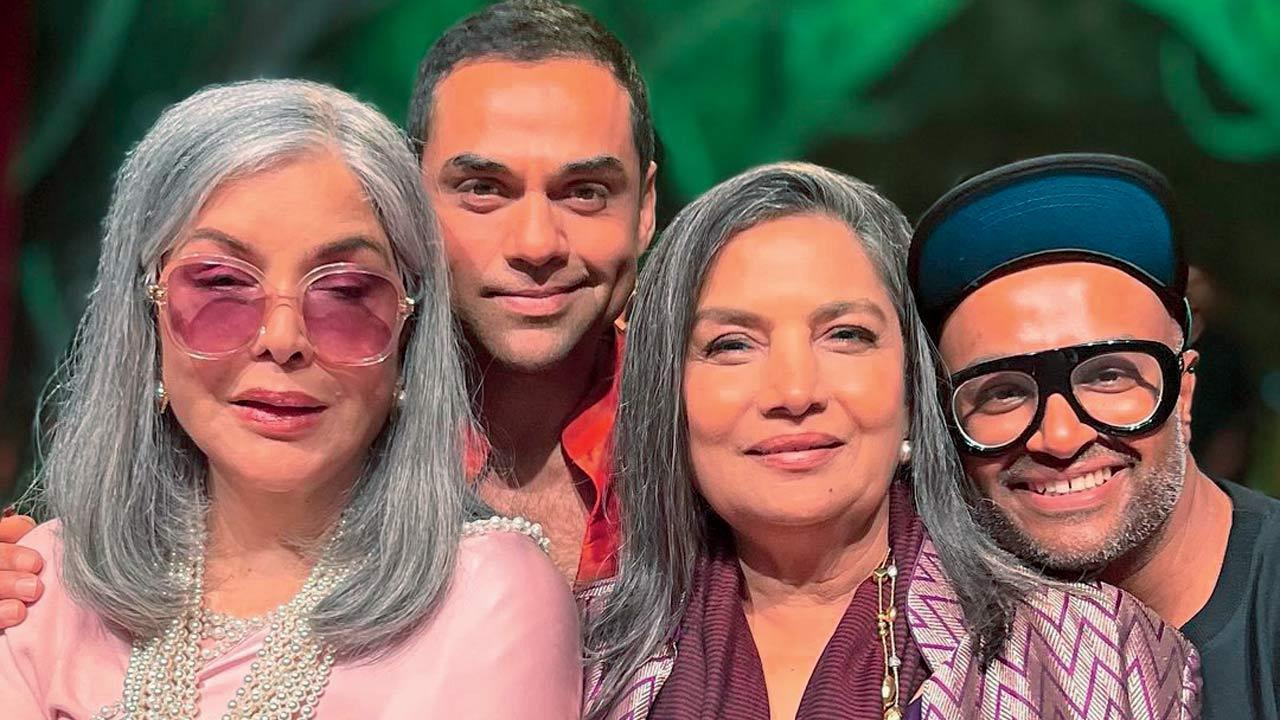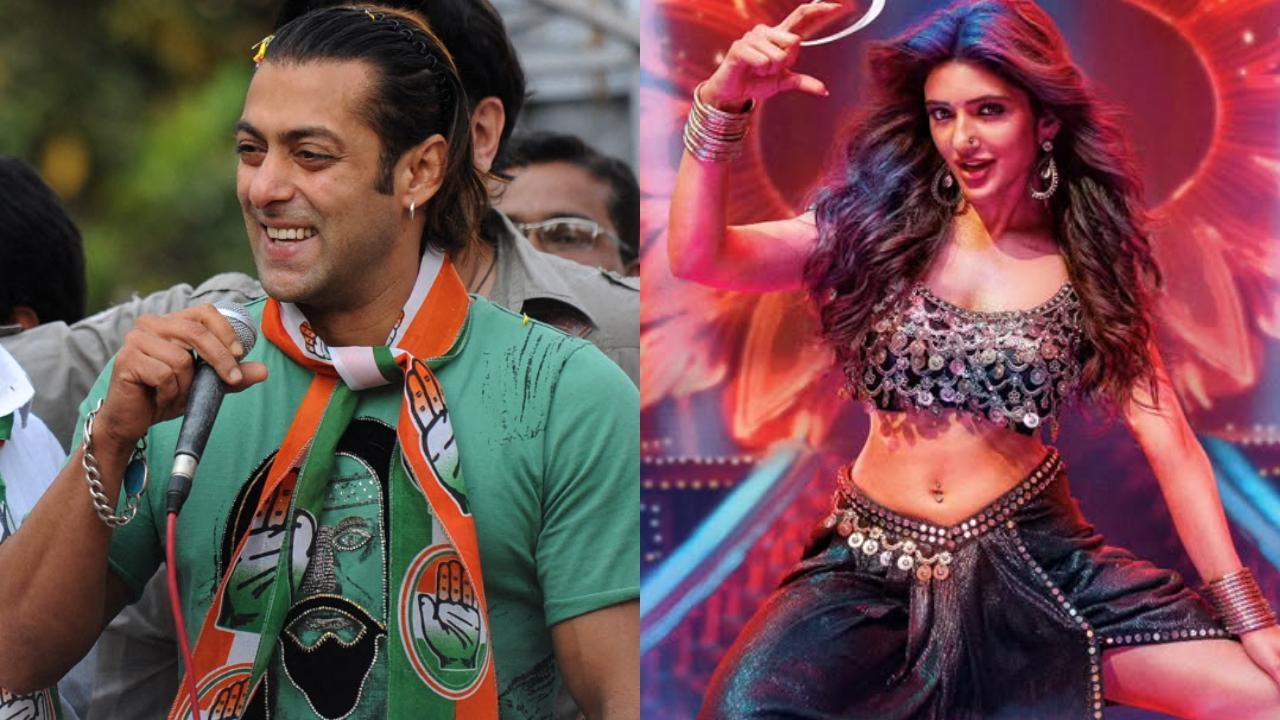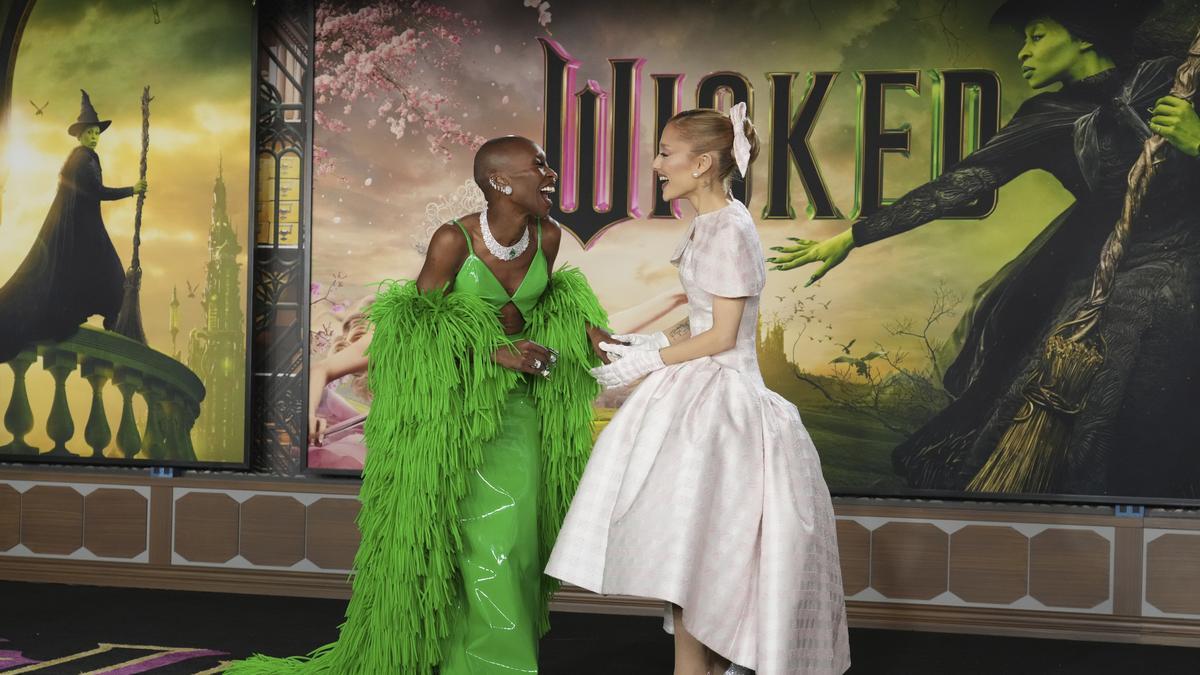
Zia Anger is not one to abandon a project, no matter how doomed it seems. Despite seemingly insurmountable rejections, Anger has a knack for turning defeat into art. Take Always All Ways, Anne Marie, her first feature film featuring a young Angel Olsen. This film faced rejection from almost every festival it was submitted to, a setback that would deter many. For Anger, however, this was just the beginning of a decade-long journey to excavate her failures and transform them into something new.
This journey culminated in her latest creation on MUBI, titled My First Film. Initially staged at the Spectacle Theater in Brooklyn, the performance was a live narrative where Anger used TextEdit to type out her reflections in real-time. This live act took audiences through her rejections, anxieties about filmmaking, and the blurred lines between life and art. The performance toured across North America and found an online audience during the pandemic, offering a form of cinematic catharsis for both Anger and her viewers.
Anger’s innovative approach did not stop there. She repurposed the raw material into a narrative film that expanded on the themes explored in her live performances, blending autofiction with the raw honesty of essayistic reflections. My First Film stars Odessa Young in a role that’s a thinly veiled version of Anger herself. This film deconstructs not only Anger’s early work but also the broader concept of artistic success, presenting a deeply personal story of rebirth.
In an insightful conversation, Anger delved into the intricacies of autofiction, the challenging process of building from failure, and how turning creative setbacks into performance art reshaped her filmmaking approach.
When asked how she distinguishes autofiction from traditional autobiography, Anger emphasized the pursuit of a personal truth. “One of the main threads in My First Film is the search for truth, especially the truth within how to tell one’s own story,” Anger explained. She aimed for a version of truth on her terms, integrating elements of performance and unconventional storytelling, as reality or documentary did not fully encapsulate her inner experience.
Odessa Young’s involvement in the film was another topic of interest. “She’s incredibly talented and unique in a world full of great young actors.
. She can completely shed who she is for the camera—she’s like a shapeshifter,” Anger noted. Young’s ability to oscillate between likability and repulsion made her an ideal fit for the character. Their first meeting revealed a shared passion for creating emotionally charged work with a collaborative spirit, convincing Anger that Young was the perfect choice.
The conversation also touched on the hurdles aspiring female filmmakers face. Anger candidly acknowledged that filmmaking remains challenging for all directors, highlighting the hierarchical nature of the industry. She stressed the importance of breaking down these hierarchies to create a more collaborative environment. Despite working predominantly on her own films, Anger clarified that power dynamics are a constant in filmmaking.
As for Hollywood’s narrative focus, Anger expressed skepticism about moving beyond stories centered on the pain of being a woman. She pointed out that pain remains a universal draw, yet she holds hope for a shift away from it being the central theme. Addressing the metaphor of filmmaking as pregnancy and birth, Anger humorously recounted an anecdote about her conception involving a 35mm film canister, underscoring the fluidity between reality and fiction in her narratives.
Reflecting on her cinema journey, Anger admitted that her first filmmaking anxieties still linger. However, she has gained self-awareness, a crucial lesson from her debut film. This process involves constantly revisiting and reevaluating past decisions with different perspectives shaped by time.
Discussing micro-budget filmmaking, Anger acknowledged its dual impact: enabling new voices yet often sticking to traditional cinematic conventions. She remains optimistic that cinema, being relatively young, will continue evolving and moving past these conventions.
In a lighter moment, Anger affirmed her admiration for Jeremy Strong’s portrayal of Kendall Roy in Succession, drawing parallels between his character’s relentless pursuit of success and her experiences. As for whether it’s easier to obtain an abortion or make a first film in contemporary America, Anger soberly remarked that both have become increasingly difficult—a stark commentary on the current sociopolitical climate.
My First Film, a testament to Anger’s resilience and creativity, is now available for streaming on MUBI. Through this unique blend of performance and narrative film, Anger continues to challenge conventional storytelling, offering a compelling look at turning failure into an act of creative defiance.










